MS-PS1-1
Develop models to describe the atomic composition of simple molecules and extended structures.
-
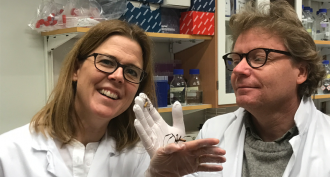 Tech
TechHow to spin synthetic spider silk
A new method for spinning artificial spider silk combines parts of proteins from two species and mimics what happens in a spider’s silk-forming gland.
-
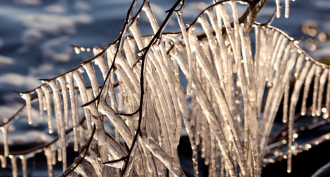 Chemistry
ChemistryHere’s how hot water might freeze faster than cold
There’s a new explanation for how hot water freezes faster than cold water. But not everyone agrees it’s right, or that the effect can happen at all.
-
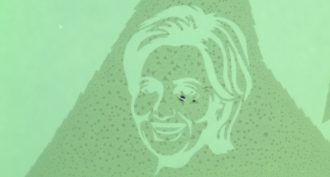 Computing
ComputingHow to build computer chips only 3 atoms thick
Scientists have engineered an ultrathin material only three atoms thick. The material could be used to make extremely slender computer chips.
-
 Tech
TechFingers leave tell-tale clues about you on your phone
Analyzing chemicals on a cell phone tells researchers what the caller had been up to. That includes recent meals and where they'd been.
-
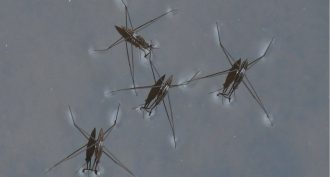 Chemistry
ChemistryScientists Say: Surface tension
Surface tension is what makes water in your glass seem like it’s covered by an invisible membrane holding it together.
-
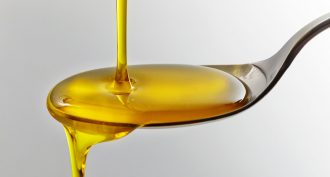 Chemistry
ChemistryScientists Say: Unsaturated fat
These fats are found in foods like olive oil. It’s their special bonds that make them go with the flow.
-
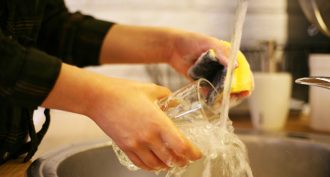
Teen studies better cleaning through chemistry
Why do we use hot water and soap to get things clean? To find out, a teen invented a way to measure surface tension.
-
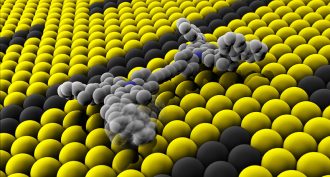 Chemistry
ChemistryChemistry Nobel honors pioneers of world’s smallest machines
Three chemists are being honored with a Nobel Prize for their pioneering work creating itty bitty machines, including a microscopic ‘nanocar.’
-
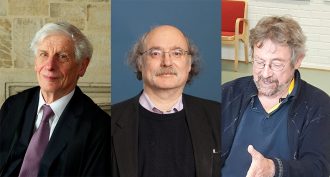 Physics
PhysicsMath predicts weird materials; leads to 2016 physics Nobel
The 2016 Nobel Prize in physics will go to three researchers that have made discoveries about exotic states of matter.
-
 Health & Medicine
Health & MedicineWhy trans fats became a food villain
Trans fats are now known as a dietary villain. But in the beginning, scientists thought they were better than butter.
-
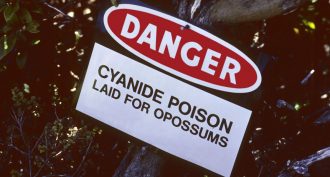 Chemistry
ChemistryScientists Say: Cyanide
Cyanides are poisonous. But they are more than that. This group of compounds is used in everything from mining to capturing fish.
-
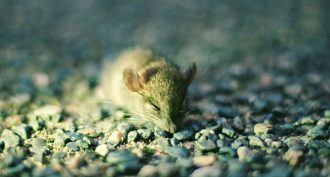 Brain
BrainA ‘cocktail’ in the brain can trigger sleep
A new study finds that a ‘cocktail’ of chemicals in the brain can directly cause mice to fall asleep or waken.